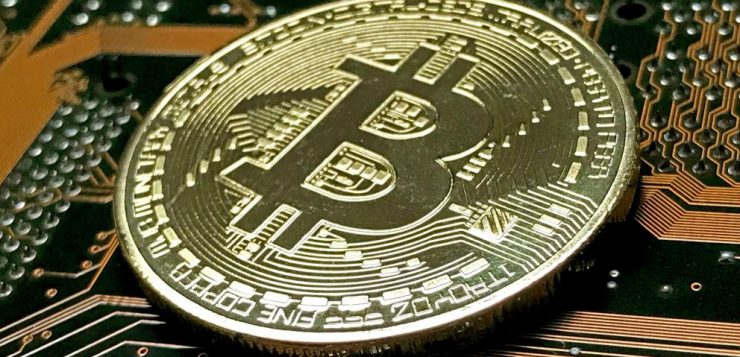The jury is still out on what exactly is cryptocurrency.
In sending out income-tax notices to those trading in cryptocurrency the government is sending a clear message. It should not matter whether the Bitcoin craze sweeping the world is an elaborate Ponzi scheme or not. And since bans do not seem to work anymore in a world connected by the Internet, the government may have decided to keep an eye on this and seek to collect money from those who may have profited from dealing in cryptocurrencies. The traders are the usual suspects like real estate dealers, jewellers, bullion traders and a huge bank of tech-savvy players who are part of the Indian IT scene. Experience has shown that such players cannot be reined in because of the new economy environment in which most transactions are done electronically whose trails are not easily traceable. The official Indian stance on cryptocurrencies is a pragmatic one in the sense that it will not be officially recognised but there is no harm in trying to bring it under the tax net.
The jury is still out on what exactly is cryptocurrency. Is this just another fad on which time will run out as it has on various other fancy trends? There are official exchanges and even mutual funds based on these power-consuming block chain processes that seem to be governed by rules of their own or, what is probably more likely, in a zone with no regulations at all. The yo-yo nature of the value of Bitcoin, the most popular of the cryptocurrencies, as it zoomed to near $20,000 a unit only to crash to half that most recently is sufficient indication of the indeterminate state of the virtual currencies. The government has repeatedly warned everyone about it. If this proves to be just another bubble and suffers a bust like the dotcom fiasco of the 1990s, the losers will have nowhere to go and squeal. If it succeeds, the pioneers can reap the rewards.
Read more at:
http://www.asianage.com/opinion/edit/210118/virtual-currency-risks.html







